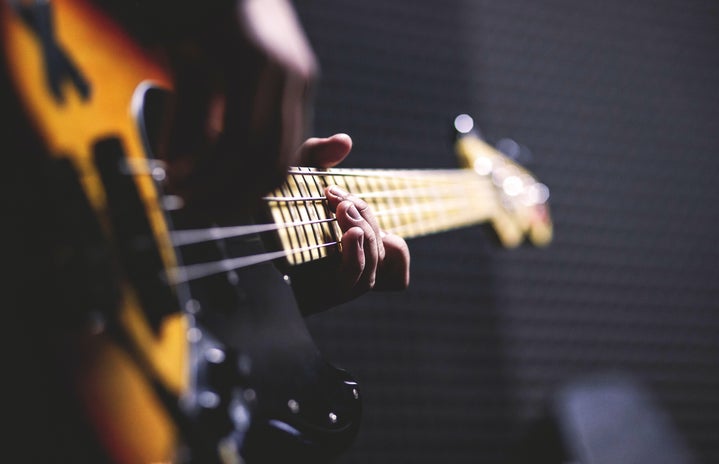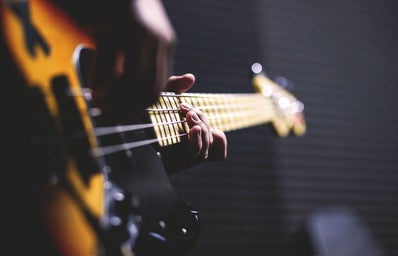The ongoing debate of appreciation vs appropriation has seen celebrities come under fire for their style choices. From tribal prints, to hoop earrings and booty shorts, ever since Kylie Jenner wore cornrows paired with an idiotic hashtag (#whitegirlsdoitbetter) the world has become a little more woke. The problem with adopting historically black style choices is not that we shouldn’t embrace and share in a variety of cultures, it’s that when doing so, we are often failing to acknowledge the experiences of individuals, the nuanced history of that culture. Often described as ‘borrowing’ from the culture of minority groups, appropriation allows white people to enjoy the stylish, or fun aspects of that culture, with the added privilege of being able to discard it when convenient. For instance, Miley Cyrus, who began her career as a country singer, adapted an almost entirely different persona when she felt it would boost her popularity. Cyrus cashed in on the rise of hip-hop music, and even claimed to have invented ‘twerking’, only to revert back to her country roots when convenient. This is just one example, of a very famous woman, utilising black culture for her benefit.
There is no denying that Black music (I’m using this term to describe Music created and performed by black artists from a variety of genres), has been influential for decades, constantly evolving, from Gospel to Soul, Blues, and Jazz. However it was the explosion of Rap and subsequently Hip-Hop in the 80s that led popular music to where we see it today. Black music has been constantly evolving since the 19th Century, each innovation influenced and inspired by what came before, and it is because of this that Black music is so inextricably steeped in history. Although any persons of any cultural background should be able to enjoy whichever form of music or art that they wish, it is not with the same understanding, and belonging that black people are able to experience.
Although black artists like Rhianna, Beyonce, and Drake, are hugely popular today, often seen as role models (if Dave Grohl is MTVs ‘nicest guy in rock’, Drake is the nicest guy in rap), Black Music has a history of being stigmatised by the media. Many critics saw (and still do see) rap and hip-hop as traditionally sexist, violent and dangerous. 80s rap group N.W.A were heavily criticised for their explicit lyrics, and subsequently banned from countless radio stations. Their deput album Straight Outta Compton is still immensely iconic, with singles ‘Straight Outta Comption’ and ‘Fuck tha Police’ played in clubs to this day. Accused of inciting violence and criminal activity, N.W.A wrote politically inspired raps about the systematic abuse against black communities by the police. ‘got it bad cause I’m brown// And not the other color so police think// They have the authority to kill a minority’. These powerful lyrics come from a dark place inside of a group of oppressed individuals, and yet are valued primarily for their violent imagery. It is this dangerous edge that so many white people are attracted to when they listen to rap and hip-hop, not the deep-seated frustration of a young black individual oppressed by a dominant society. The idea that black people are somehow ‘harder’, more ‘street’, than people of other races, is still perpetuated by so many white people, who in turn believe they are somehow ‘harder’, ‘cooler’ or ‘edgier’, if they imitate black people. Ignoring the political and social background of rap and hip-hop, reducing it to violence, sex, and misogyny, whilst simultaneously rapping the n-word every Friday night isn’t just appropriation, it’s racism, and a gross injustice to a highly influential genre of music, and all those it hopes to represent.
Often club nights dedicated to black music, particularly, Grime, Hip-Hop, and R&B, are primarily attended by white people. What were once seen as dangerous, almost taboo genres, are now fashionable, so much so that people seem to wear a form of uniform when they attend. The hoop earrings, the bodycon/trainer combo- I can’t help but wonder if these people dress like this for lectures, dinners with parents and job interviews. The answer is, they don’t. When you attend a club night dedicated to black music, and you braid your hair, and dress a certain way, you are a tourist of black culture. You are able to wake up the next day, and wear your hair in a pony-tail, you can wear a shirt and tie, and your skin will be white. When you ironically dance through the club doors, throwing mock gang signs and twerking, you are mocking a culture that you are not a part of. You are failing to acknowledge, or even recognise, the cultural and political background of these genres.


